When writer Paolina Milana’s father, Antonino, was a child in Custonaci, Sicily, he dreamed of hopping on a cloud that would take him all the way to America. As fate would have it, it was the beginning of a great story of migration and survival. It is also a story of citizenship granted by descent, through the hard work of Italian Citizenship Assistance.
It starts almost a century ago. Fleeing both the rise of fascism in the late thirties and organised crime problems closer to home, Antonino boarded a boat to America, making fast friends onboard with a gentleman named Salvatore.
As Paolina told The Local: “Salvatore showed my dad a picture of his unmarried sister, Maria who happened to be dressed as a mandolin player for Carnivale. My mother was beautiful and at that moment, my dad – who love to play the mandolin – decided he wanted to marry her.”
After settling in Chicago, Antonino married Maria, who came from the Sicilian city of Nicosia. Together they had four children. Antonino owned his own barbershop while Maria had a professional seamstress business. When Paolina left Chicago for Los Angeles to pursue her dreams of being a writer, Maria shared some of her experiences of moving to America.
“She told me, when I called her feeling alone, that this is part of moving forward and soon I would love having embarked on such a journey, just as she did leaving Sicily for the United States.”
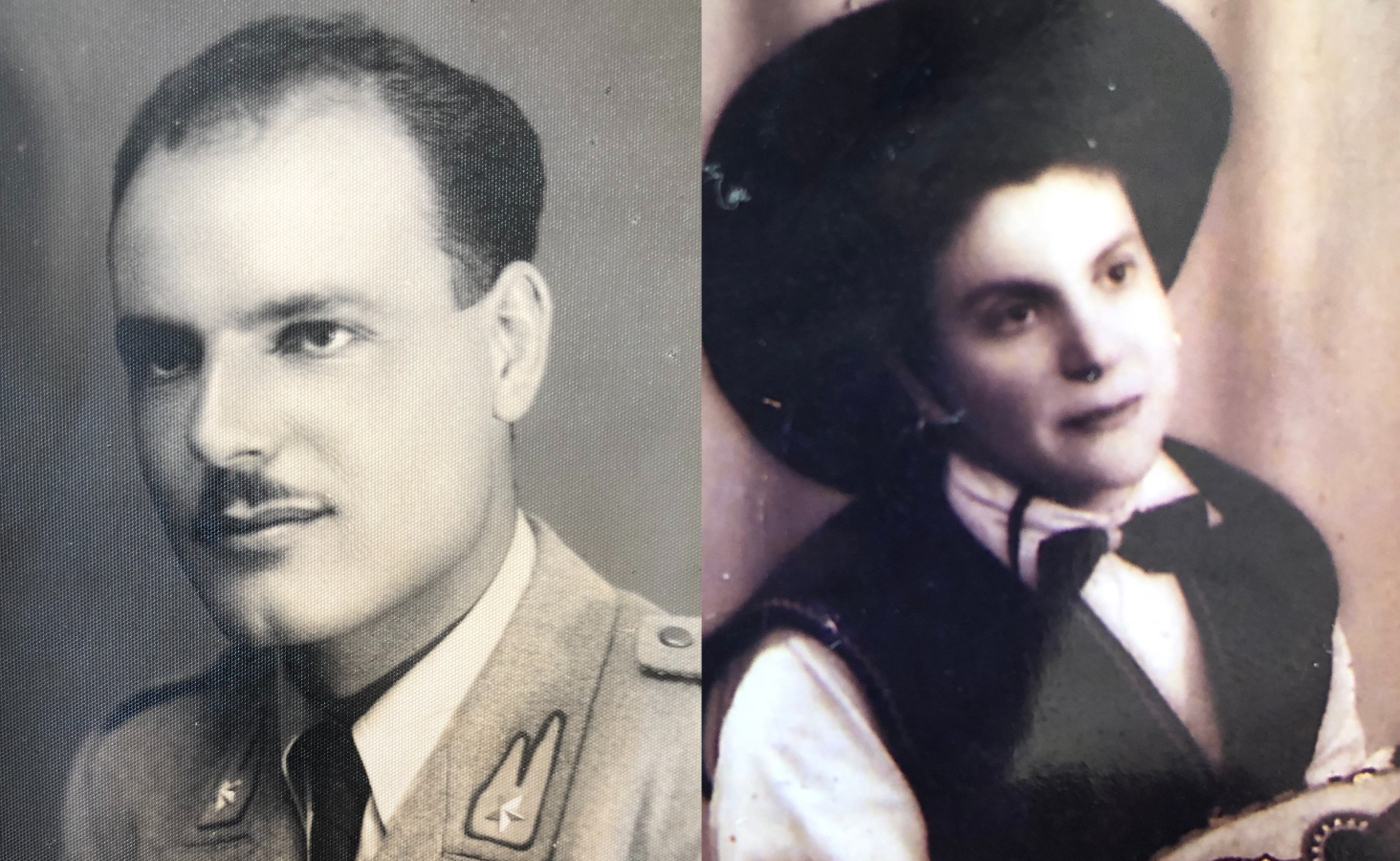
Paolina has fond memories of her upbringing with two Sicilian parents.
“Growing up, my parents would need to make their own recipes when they cooked something because they came from two very different places. Not that we were forced to choose but it was pretty funny because of the rivalry.
“Being raised Italian is something that I wish everyone could experience. Because it is truly about family and it’s truly about love.”
It wasn’t all smooth sailing for the Milanas, however. Throughout Paolina’s childhood and adolescence, her mother struggled with severe mental illness and was hospitalised several times. Combined with the challenges of migrating to a new country, these experiences formed the basis of Paolina’s books Committed: A memoir of madness in the family and The S Word.
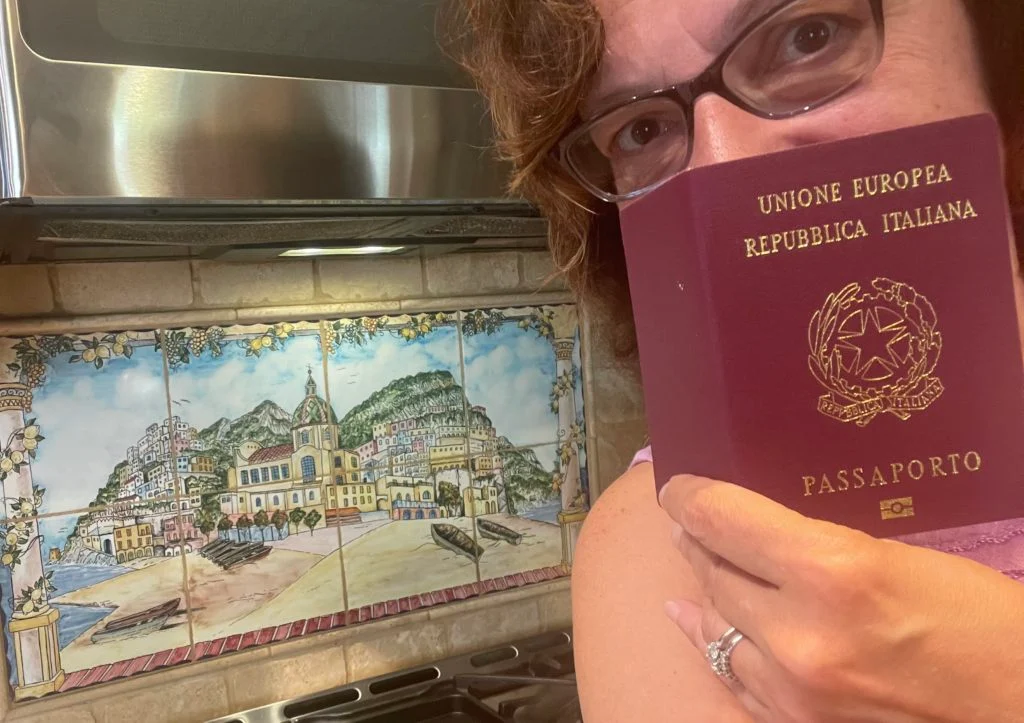
“My mother was very sick. She had a mental illness. Also, we did not have a lot of money at all and there were times when my father had to sell personal belongings to pay bills. Yet we never, ever felt – with all the troubles we had – that we weren’t loved or cared for.”
As a consequence, Paolina has spent much of her life exploring her upbringing and in particular, the Sicilian culture in which she was raised. It was while researching Committed, that she decided she wanted to reclaim her Italian heritage by becoming an Italian citizen.
“I was incorporating a lot of journal entries from my mother, letters from my father. I was reliving their journey from Sicily to the US and experiencing their hopes and dreams of having a family from their words. It was so powerful that I thought to myself: I love being Italian. I loved growing up Italian.
“It sparked me into reclaiming my Italian citizenship.
“It’s me honouring them, but it’s also me recognising the importance of my roots, of different kinds of cultures, and what it means to really live this life.”
It was at this point that Paolina approached Italian Citizenship Assistance (ICA) for help with her citizenship by descent application.
“It took me almost two years with ICA at my side, doing all the work. I don’t know where I’d be if I had to do it myself. They found all of the documents for me and they did all the translations. They took care of everything.”
ICA’s researchers even visited several towns across Sicily to obtain the necessary documentation regarding Paolina’s parents and secured the required apostilles to confirm their authenticity.
“I’ve heard some people have to actually go to Italy or go to the consulate and plead their case. I didn’t have to lift a finger. ICA even sent me an incredible binder that had all of the documents – all I had to do was send it in.
“Now I have my Italian passport and it took 21 months. Yet it was so worth it.”
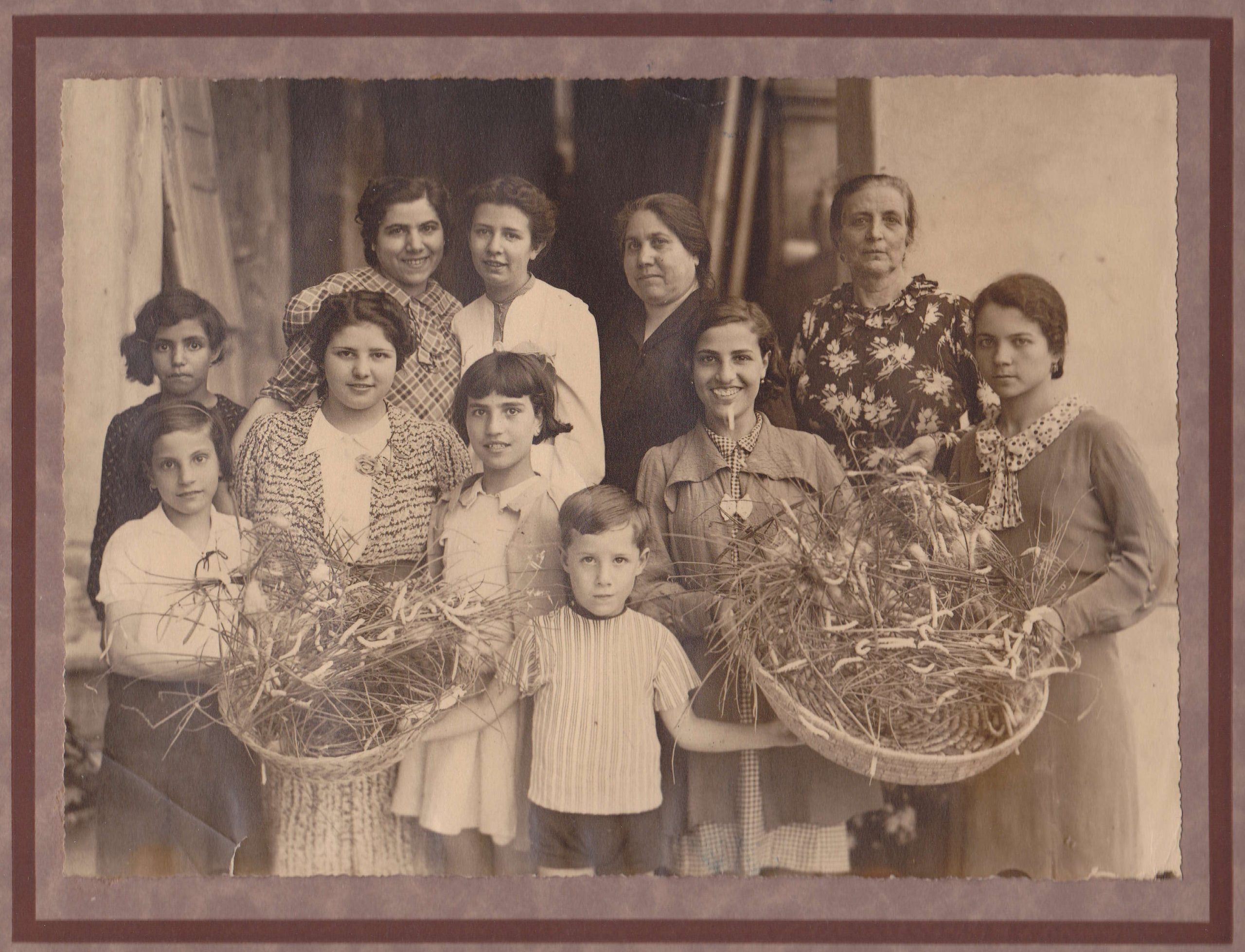
With an Italian passport in hand, Paolina feels a new-found connection to her heritage, as well as optimism about the opportunities that the future provides.
“This Italian passport gives me the freedom to unite my past with my present and my future. My husband and I are actually thinking now that maybe we will just end our days by getting a place in Sicily.
“Next year we are planning to visit my extended family across the island. My husband has never been to Sicily. And we are also going back to check out places we may want to settle.
“We’re also going to hit the international couscous festival. My father loved the various flavours that came to Sicily from different areas and he taught us all how to cook couscous – a dish that came to Sicily from Morocco.
“This trip is going to be very different because I will arrive not as a US citizen, not as the daughter of Italians, but as an actual Italian citizen myself. That’s going to mean a lot.”
You could say that the story of Paolina and the Milana family has a happy ending – one that was enabled by the work done by Italian Citizenship Assistance.
“To have ICA moving things forward and obtaining all the documents required from some very small towns was amazing, just amazing – and I didn’t have to do anything! They even traced my father’s journey, via the ports he transited through, to ensure that he didn’t have any additional citizenship documents. It was so serendipitous that I found ICA to help me secure my Italian citizenship. I can only say it was meant to be.”
Over 80 years since Antonino and Maria made the move of a lifetime to America, their daughter Paolina has returned, passport in hand, to experience the land in which her parents grew up. Perhaps her visit will provide the inspiration for another book.
Begin the next chapter of your family’s tale. Ask ICA about how you can obtain your Italian passport

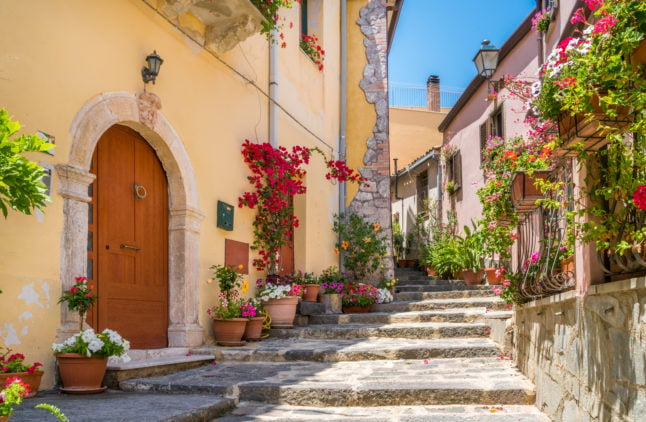

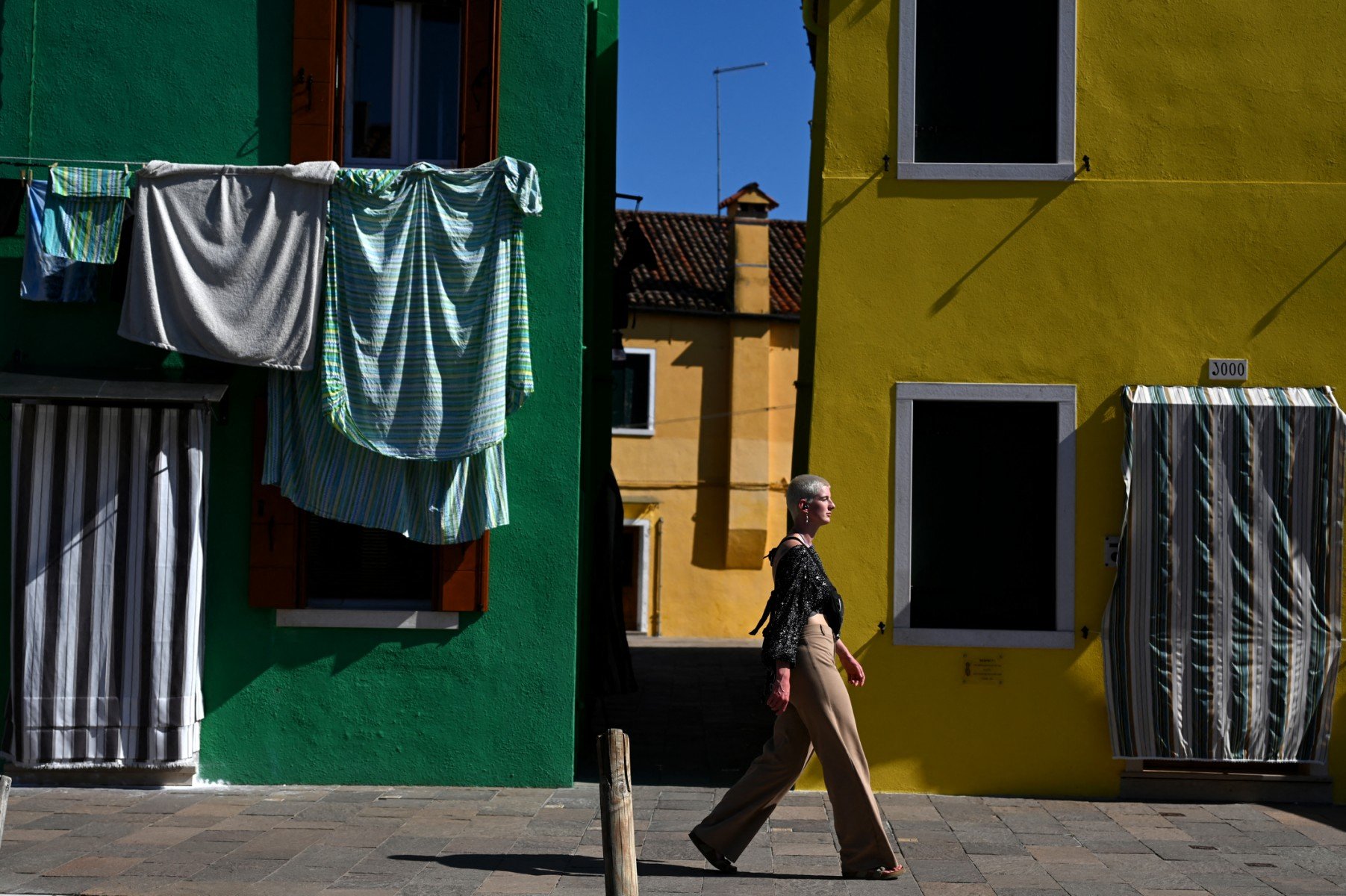
 Please whitelist us to continue reading.
Please whitelist us to continue reading.
Member comments